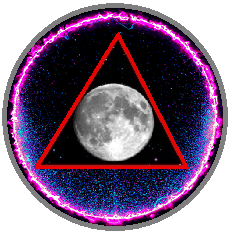In a remote corner of the galaxy, a magnificent spaceship orbited an exoplanet teeming with diverse forms of extraterrestrial life. The vessel belonged to an alien race called the Arvani, who sought to study and document all manner of cosmic phenomena throughout the vast expanse of space.
Captain Zara, the ship's commanding officer, had devoted her entire life to the pursuit of scientific knowledge, leaving behind everything familiar to embark on endless voyages of exploration. Her crew consisted of individuals from different worlds, species, and backgrounds, all united under the banner of curiosity and wonder.
On one particular mission, the team detected unusual signals coming from a nearby planetoid. Upon closer examination, they discovered an abandoned laboratory containing intricate machinery, mysterious artifacts, and encrypted data charts. The lab's origins remained shrouded in mystery, making it an irresistible puzzle for Captain Zara and her crew.
Determined to solve the enigma, the Arvani set out to decipher the cryptic information left behind. They analyzed countless logs and observations, piecing together fragments of information about a legendary race of beings known only as the Architects. These enigmatic entities were believed to have designed and constructed the very fabric of reality itself, shaping the destinies of galaxies beyond counting.
After months of tireless effort, the crew finally cracked the encryption and unlocked the secret history of the Architects. But instead of answers, they found themselves confronted with even greater riddles - hints at an impending catastrophe threatening to engulf not just their home planet but potentially the entire multiverse.
The revelations sent shockwaves throughout the Arvani society, prompting urgent discussions among leaders and scholars regarding how best to respond to this unfolding crisis. As Captain Zara contemplated her next steps, she couldn't ignore the gravity of the sit

